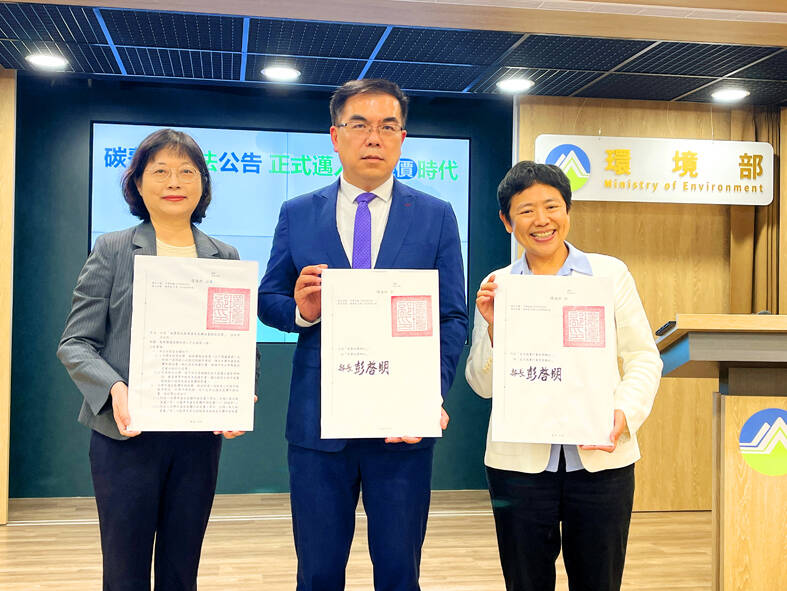
The Importance of Sustainable Development Goals (SDGs) in Ensuring Reliable Energy Services for Montefiore Medical Center

Introduction
The electricity is out in New York City, but for Montefiore Medical Center (MMC), it’s business as usual. Patient rooms are comfortable, hallways bright, and operating rooms and medical equipment are up and running. MMC remained operational during two of the United States’ most catastrophic grid outages, the Northeast blackout of 2003 and Hurricane Sandy in 2012.
Installation of CHP System
In 1993, MMC became the first hospital in New York City to install a Combined Heat and Power (CHP) system, providing it with reliable, year-round energy services, even when the electricity goes out. In 2001, MMC increased its commitment to CHP, expanding the system from 5 to 9.5 megawatts.
Resilience During Grid Outages
The Northeast blackout affected 50 million people and disabled critical systems across the Northeast. MMC continued to operate with full electricity service, making it the only hospital in New York City to do so. The CHP system also continued to supply MMC with cooling during the heat wave at the time, further protecting patient safety.
Nine years later, Hurricane Sandy left more than 7.5 million people without electricity, including the area in New York City where MMC is located. MMC’s CHP system again enabled it to remain fully operational, allowing it to accommodate patients who were evacuated from nearby hospitals due to a loss of electricity at those facilities.
Benefits of CHP System
MMC notes that its investment in CHP “allows us to provide to Montefiore patients, employees and members of the communities we serve a safe, reliable, resilient and environmentally-friendly source of power.” Furthermore, the hospital estimates that its CHP system saves over $2 million annually in energy costs.
Conclusion
Montefiore Medical Center’s commitment to sustainable development goals, as exemplified by its investment in a CHP system, has ensured reliable energy services during grid outages and emergencies. This not only allows the hospital to continue providing essential healthcare services to its patients, but also contributes to the achievement of SDGs related to affordable and clean energy (SDG 7), resilient infrastructure (SDG 9), and sustainable cities and communities (SDG 11).
SDGs, Targets, and Indicators
1. Which SDGs are addressed or connected to the issues highlighted in the article?
- SDG 7: Affordable and Clean Energy
- SDG 9: Industry, Innovation, and Infrastructure
- SDG 11: Sustainable Cities and Communities
- SDG 13: Climate Action
2. What specific targets under those SDGs can be identified based on the article’s content?
- SDG 7.2: Increase the share of renewable energy in the global energy mix
- SDG 9.1: Develop quality, reliable, sustainable, and resilient infrastructure
- SDG 11.5: Reduce the adverse per capita environmental impact of cities
- SDG 13.2: Integrate climate change measures into national policies, strategies, and planning
3. Are there any indicators mentioned or implied in the article that can be used to measure progress towards the identified targets?
While the article does not explicitly mention specific indicators, the following indicators can be inferred:
- Percentage of renewable energy in the hospital’s energy mix
- Number of hours/days the hospital remained fully operational during grid outages
- Amount of energy cost savings achieved through the CHP system
SDGs, Targets, and Indicators
| SDGs | Targets | Indicators |
|---|---|---|
| SDG 7: Affordable and Clean Energy | 7.2: Increase the share of renewable energy in the global energy mix | – Percentage of renewable energy in the hospital’s energy mix |
| SDG 9: Industry, Innovation, and Infrastructure | 9.1: Develop quality, reliable, sustainable, and resilient infrastructure | – Number of hours/days the hospital remained fully operational during grid outages |
| SDG 11: Sustainable Cities and Communities | 11.5: Reduce the adverse per capita environmental impact of cities | – Amount of energy cost savings achieved through the CHP system |
| SDG 13: Climate Action | 13.2: Integrate climate change measures into national policies, strategies, and planning | – N/A |
Source: epa.gov







